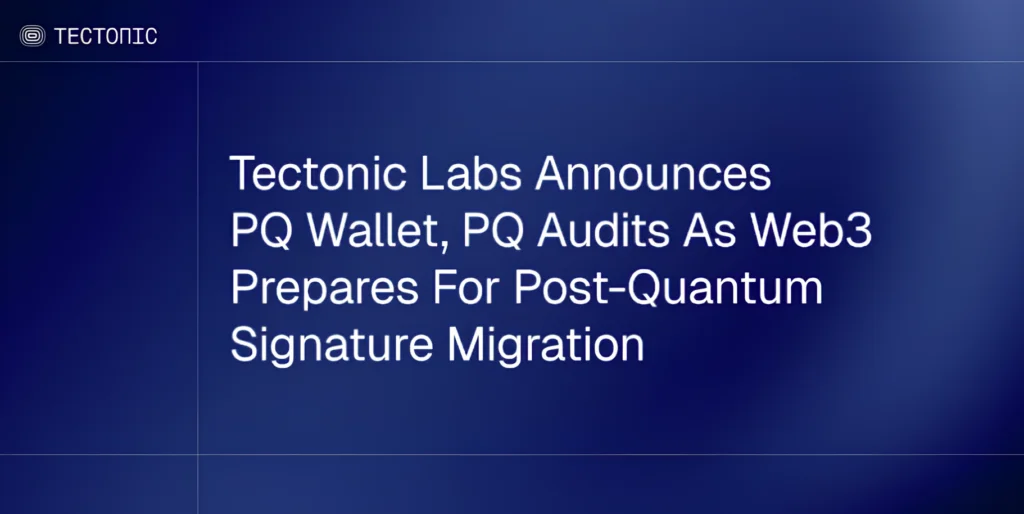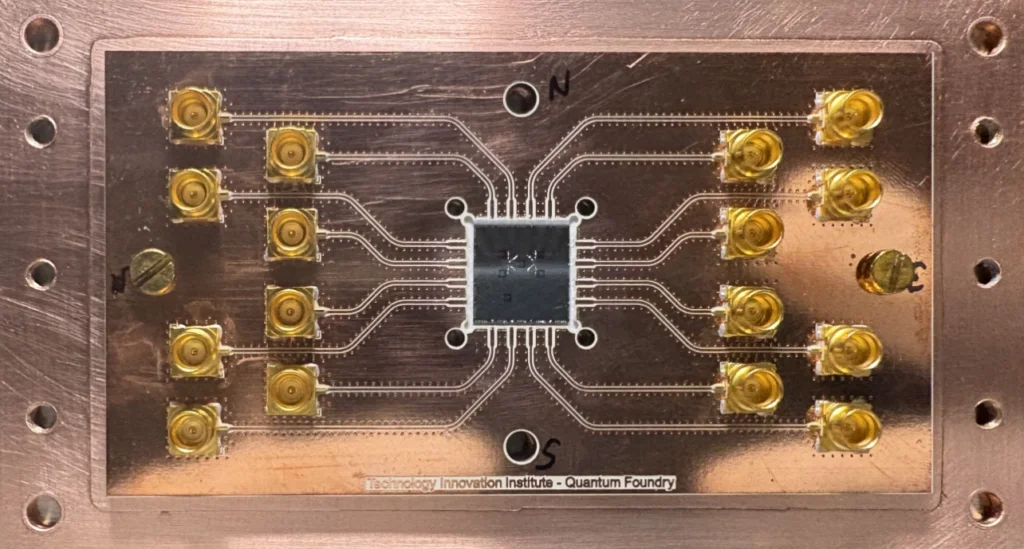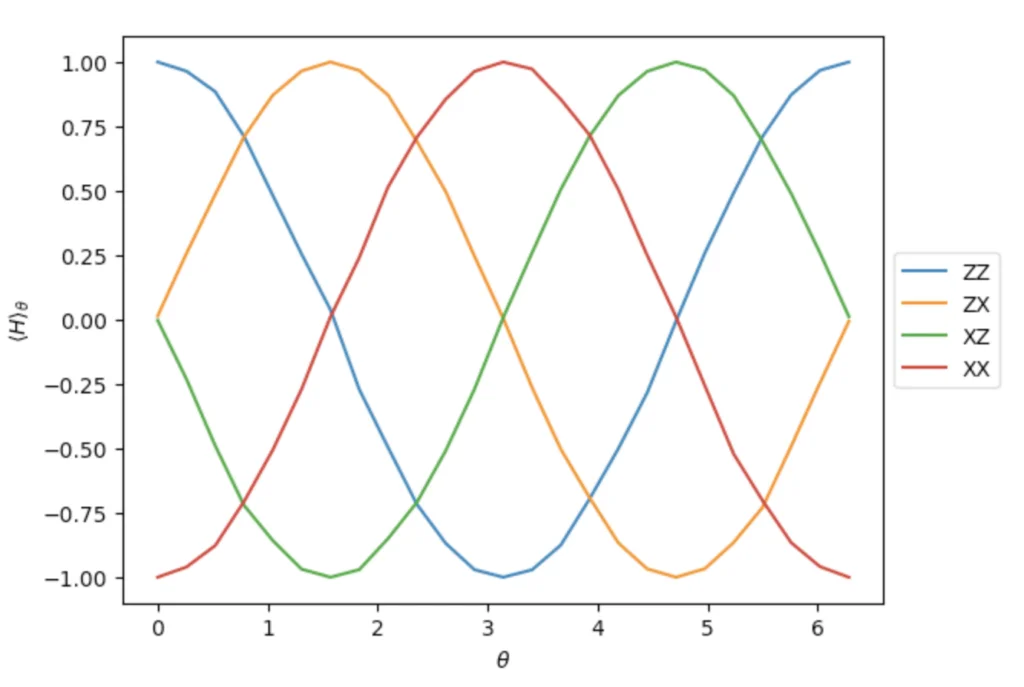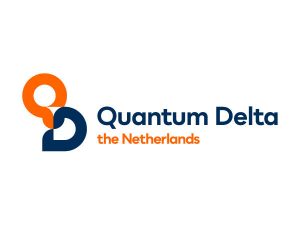
A recent 615 million euro infusion for Quantum Delta NL-program will bolster the program’s charge to build out and attract talent to the already bustling quantum ecosystem in the Netherlands. However, the real hope behind the funding is that it ignites a much greater, if not global, effect, said Freeke Heijman, founding director or Quantum Delta the Netherlands.
“I think if you really want to scale and do good for the planet, which, for me, is the reason to do this, then, it’s not about being the winning quantum ecosystem, it’s to come up with solutions that can help address significant challenges,” said Heijman.
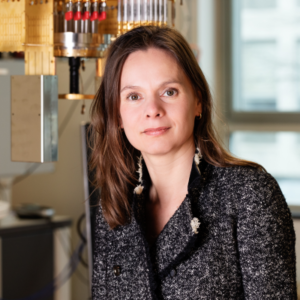
The director also believes that for quantum computing to scale to the point that it can tackle major challenges, the ecosystem, itself, needs to be inclusive and expansive. It needs to include technical and non-technical people, along with academics and entrepreneurs.
“The rationale is to grow a borderless ecosystem, so we are trying to create plans that stimulate collaborations and interactions, and also attract people from other backgrounds, not only physicists,” said Heijman. “We also want to formulate education programs that are not just for Ph.Ds and people with university degrees. I think, most important, that what we’re starting to do now is appoint people to key positions who will live and breathe this new culture.”

As robust as the funding is, the investment will build on substantial the Quantum Delta NL team’s groundwork. The Netherlands is already recognized as a tech leader and as an up-and-coming region for quantum science research.
“We want to focus where the opportunity is — and for quantum technology, there was a case to be made to the government that the Netherlands has a role to play because we have many aspects that make us an attractive hub,” said Heijman. “For example, the fact that international tech companies pick the Netherlands for investments shows there’s something special here. So, I think we were on the map because we have been playing a role in technology on the global level for a long time. And I think that was recognized by the government.”
But, the team believes the funding can promote efforts to offer the country an even greater position in developing quantum technologies.
“The 615 million is the public part of the program, the intention is to raise private funds to accompany it, so that the complete ecosystem will be about 3.6 billion euros.”
Part of a Public-Private Effort
With nations round the world pouring increasing amounts of money into their own quantum ecosystems, the Quantum Delta NL team feels confident that the money they are investing will help the Netherlands attract and retain talent, while educating the future workforce and fostering new entrepreneurs.
Heijman added that the funding will be spread over seven years, and actually represents only a portion of the total investment expected from private and public sources.
“The 615 million is the public part of the program, the intention is to raise private funds to accompany it, so that the complete ecosystem will be about 3.6 billion euros,” she added.
How Funds Will Be Used
The quantum ecosystem is a complex community with various technologies, modalities, components and interests.
“The set-up of the program is that it has three application areas, so we’re investing in computing, communication and sensing.”
According to Heijman, the organization plans to apply the funds to holistically develop the ecosystem. The intentions are also to not just fund research and development, but also move quantum out of the lab and into the real world.
“The set-up of the program is that it has three application areas, so we’re investing in computing, communication and sensing,” said Heijman. “Then there are four actionlines, such as talent — which will go toward education and educational programs. Another action line is science, which goes to more fundamental research projects. There’s an action line on business ecosystem development, so that will help startups and attract small and medium sized businesses and companies. And there’s an action line on societal impact, which includes the ethical and legal aspects. A large part of the funds — 250 million euros — goes into infrastructure, so new campus facilities, new clean rooms, clean room equipment and shared research facilities.”
Goals
Quantum Delta NL has laid out specific markers along the way to track progress and make sure the money is being invested correctly and keep the program on track to meet its ultimate goal of a robust quantum ecosystem.
The team will measure the number of startups being created in the ecosystem.
“We’re looking at creating 100 startups over the seven years — which is quite a mission,” said Heijman.
Success will also be measured by the number of students. They have set goals of 2,500 graduates in quantum technology by 2027 and 2,000 doctoral students and engineers. The team also wants to see three more corporate research and development labs built.
These ecosystem goals join a list of technological milestones that Quantum Delta NL is hoping to achieve, such as a publicly accessible European quantum computer and a world first Quantum Internet, Heijman added.
Because there are many approaches and modalities in quantum, Quantum Delta NL is spreading the investments across the space, like a portfolio.
About Quantum Delta
Quantum Delta NL is a non-profit foundation established in 2020 to implement the National Agenda Quantum Technology that was formulated by a broad team from scientific, technological, business and policy communities. Its goal is to position Netherlands as a leading ecosystem in quantum technologies.
If you found this article to be informative, you can explore more current quantum news here, exclusives, interviews, and podcasts.













